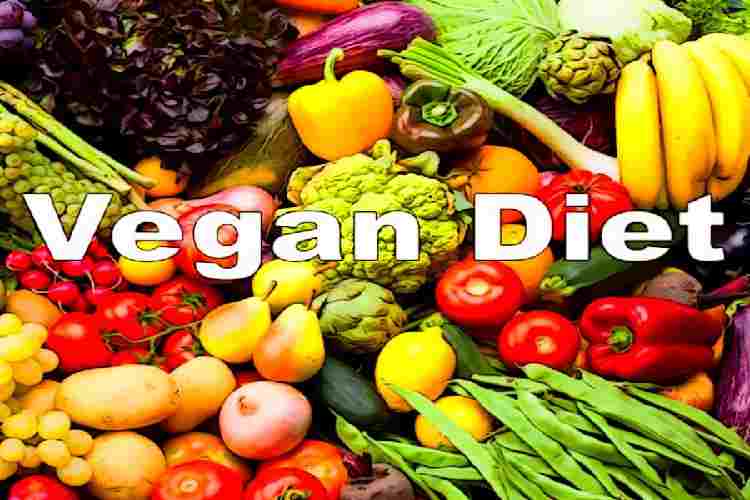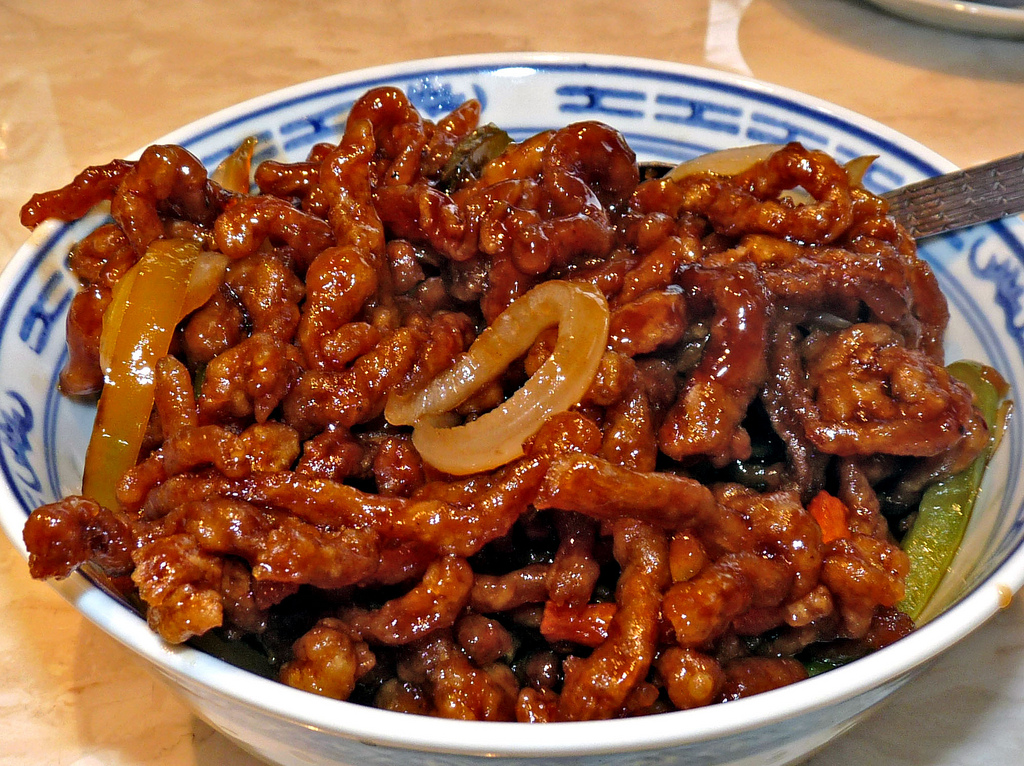To be able to lose excess weight, you should create a calorie deficiency. A vegan diet may help you create this calorie deficit in many ways.
Higher in Fiber
First of all, a plant-based vegan diet typically contains lots of fruit, vegetables, whole grains, beans, peas, nuts, and seeds. This kind of foods is usually rich in fiber, a nutrient that can help lessen hunger and boost feelings of fullness.
Larger fiber intake can assist you to achieve the calorie deficit required for weight loss without restricting your calorie intake or portion sizes.
Research has shown that consuming an additional 14 grams of fiber per day may naturally reduce your calorie intake by around 10%. This could trigger a loss of 4.2 pounds (1.9 kg) during a period of around 4 months.
The high fiber content of the vegan diet can also explain why study participants assigned to a vegan diet usually lose weight no matter being allowed to eat until they feel full.
Lower in Calories
As a result of its higher content of vegetables and fruit, a vegan diet gives lesser calories for the same volume of food. Basically, it’s less calorie-dense.
Practically speaking, you should have to eat around 10 .5 ounces ( 300 grams ) of cooked broccoli or around 10 ounces ( 283 grams ) of melon to consume 100 calories. On the other hand, it could only take around 2 ounces ( 56 grams ) of chicken breast or around 1 ounce ( 28 grams ) of cheese to achieve the same number of calories. The lesser calorie density of plant foods brings about you to feel full with less calories, hence potentially contributing to the calorie deficit necessary for weight loss.
Having said that, it’s worthwhile to note that when matched for calories, a vegan diet is no more effective than a control diet for weight loss.
Limits Your Intake of Certain Foods
Lots of the foods you come across daily possess animal products. These include high-calorie, low-nutrient choices like processed foods and baked goods, which are deceptively easy to eat way too much.
Studies show that being exposed to these kinds of foods causes you to become more prone to consume them. Following a vegan diet causes it to be much easier to limit or avoid these options.
As an example, it’s easier to stay away from eating more calories than you need when the cafe doesn’t offer vegan brownies or when a bowl of candy only contains milk chocolate. Research implies that accessing to a wider variety of foods may cause you to mindlessly consume up to 23% more calories. By decreasing your food choices to a select few, a vegan diet may help decrease your risk of too much eating.
A vegan diet can also limit the variety of choices you have when eating out. Because of this, many vegans choose to cook at home instead of going to restaurants. Home-cooked meals frequently contain significantly less fat, sugar, and overall calories compared to restaurant meals. This could possibly enable you to limit calories and slim down.
Brief Summary: Vegan eating plans are actually richer in fiber, lower in calories and are likely to limit your food options. Each of these factors will help you lose weight by lowering the number of calories you eat.
Sources & References:
https://www.ncbi.nlm.nih.gov/pmc
http://onlinelibrary.wiley.com
https://www.ncbi.nlm.nih.gov/pubmed
https://www.ncbi.nlm.nih.gov
https://www.nature.com
https://authoritynutrition.com









